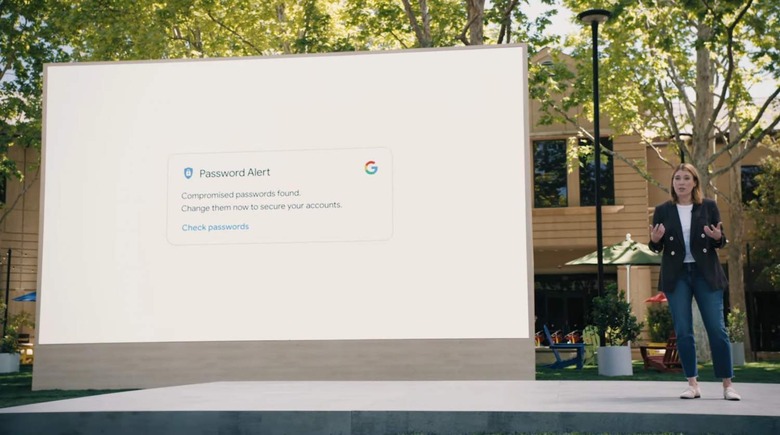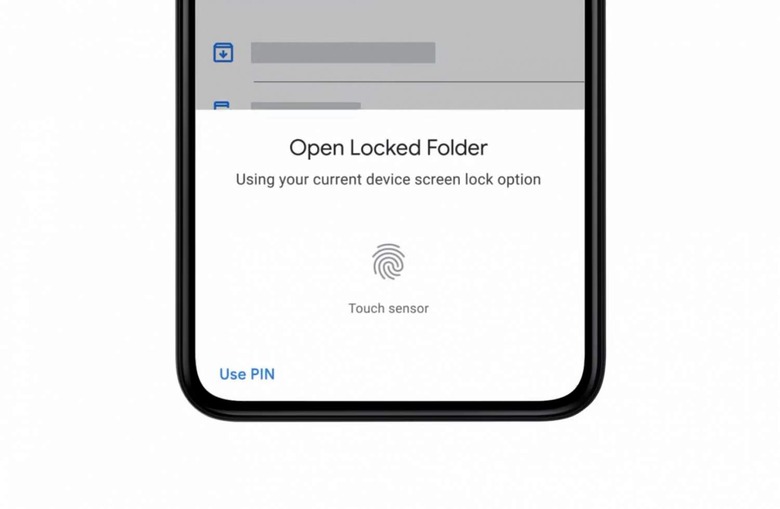Google Builds Out Chrome Password Manager, Announces New Privacy Features
Privacy is a hot-button issue these days, and Google finds itself at the center of the debate more often than not. It's little surprise, then, that Google touched on privacy during its Google IO keynote today. Google not only discussed what kind of privacy controls it either has or will introduce in its apps, but also what it's doing to help users keep their information safe.
Google actually led these announcements by talking about its password manager, introducing four new features for the service. Google today announced a tool that will allow you to import passwords from other password managers to your Google account. Google says that it will also have deeper integration between Chrome and Android that will allow you to use your passwords across both websites and apps, though didn't give a specific timeline for that.

In addition, Google said that it's rolling out automatic Password Alerts to let users know when their passwords have been included in data dumps. The last feature coming to Google's password manager is a "quick fix" tool for Chrome that will allow you to quickly change any compromised passwords in your browser.

After announcing those new features for the password manager, Google shifted its discussion back to privacy, reminding us which data isn't used for the purposes of advertising, such as data from Gmail, Photos, and Drive, or sensitive personal data like health, race, and religion. While Google spent a good portion of this presentation talking about technology that it has already developed and rolled out – Differential Privacy and Federated Learning, specifically – Google also talked about new privacy features hitting its apps in the future.
One new option that allows you to delete the last 15 minutes of your search history can be found in the dropdown when you tap your profile picture in Chrome. There will also be location history reminders popping up in Google Maps and a timeline toggle to turn off location tracking. We'll also see locked folders and photos, which allow you to hide folders and certain photos behind passcodes, meaning they won't show up when you're browsing your folders and photos normally – potentially keeping any over-the-shoulder eavesdroppers from seeing them. Locked folders and photos will be hitting Pixel devices first before spreading to other devices throughout the year.
